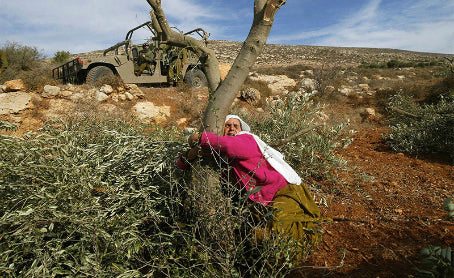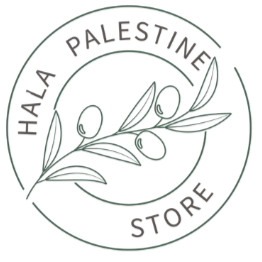
Women of Palestine: Architects of Society, Builders of Hope
On International Women’s Day, as the world celebrates women’s achievements, Palestinian women demand more than applause—they deserve global recognition as architects of resistance. In a land suffocated by occupation, Palestinian women are not just rebuilding society; they are actively dismantling systems of oppression. Their resistance is woven into every aspect of life under occupation, from organizing protests in villages facing land confiscation to preserving the keys of homes destroyed during the Nakba. They plant olive trees on stolen soil, teach history in the shadow of checkpoints, and turn their kitchens into war rooms of resilience. Their labor sustains life, their courage fuels liberation, and their very existence defies Israel’s colonial project.
Palestinian mothers stand as pillars of defiance. They endure the unimaginable: burying children killed by airstrikes, rebuilding homes reduced to rubble, and shielding their families from the trauma of siege. When soldiers invade homes at night, mothers stand between rifles and their children. When settlers attack farmers, women form human chains to harvest olives, their bodies becoming barricades against ethnic cleansing. These mothers are warriors without uniforms, mourning in silence so their children can laugh, rationing food to feed their families while fasting for dignity. Their resistance is quiet but unyielding—a refusal to let occupation erase their legacy.
In the economic sphere, Palestinian women defy Israel’s suffocating grip. In the Jordan Valley, they cultivate land slated for settlement expansion, harvesting dates and grapes on stolen soil. In Gaza, where unemployment among women exceeds 65%, mothers launch home-based businesses—sewing, baking, or crafting goods—to feed their families. Others innovate in tech and renewable energy, turning rubble into art or engineering solar panels to bypass electricity cuts. Women-run cooperatives in the West Bank bypass Israeli-controlled markets, selling olive oil, soap, and embroidery directly to global buyers. Every transaction funds resistance, proving that even under blockade, Palestinian women rebuild economies as acts of rebellion.
Education, too, is weaponized as a tool of liberation. Teachers in Gaza hold classes in bombed-out buildings, erasing soldiers’ graffiti and replacing it with maps of historic Palestine. Female students brave checkpoints and harassment to attend universities, graduating as engineers, lawyers, and doctors who return to dismantle occupation logic through expertise. Their diplomas are not just personal triumphs—they are collective acts of defiance against Israel’s attempts to erase Palestinian potential.
Hala Palestine stands in solidarity with these women, channeling resources to frontline resisters. We support women activists jailed for protesting apartheid, fund agricultural cooperatives led by women reclaiming stolen land, and train women in digital advocacy to globalize their stories. Our work amplifies their revolutionary labor, ensuring their voices break through Israel’s propaganda machine.
This International Women’s Day, solidarity means action. Boycott corporations funding occupation, center the testimonies of women confronting soldiers and settlers, and demand accountability for Israel’s gendered violence. Palestinian women do not beg for freedom—they seize it. They build schools where Israel builds walls, plant gardens where it plants bombs, and write poetry where it writes death warrants. Their resistance is the future. From the river to the sea, Palestinian women are already free—they are teaching the world how to join them.
RIBHI HUSSEIN








